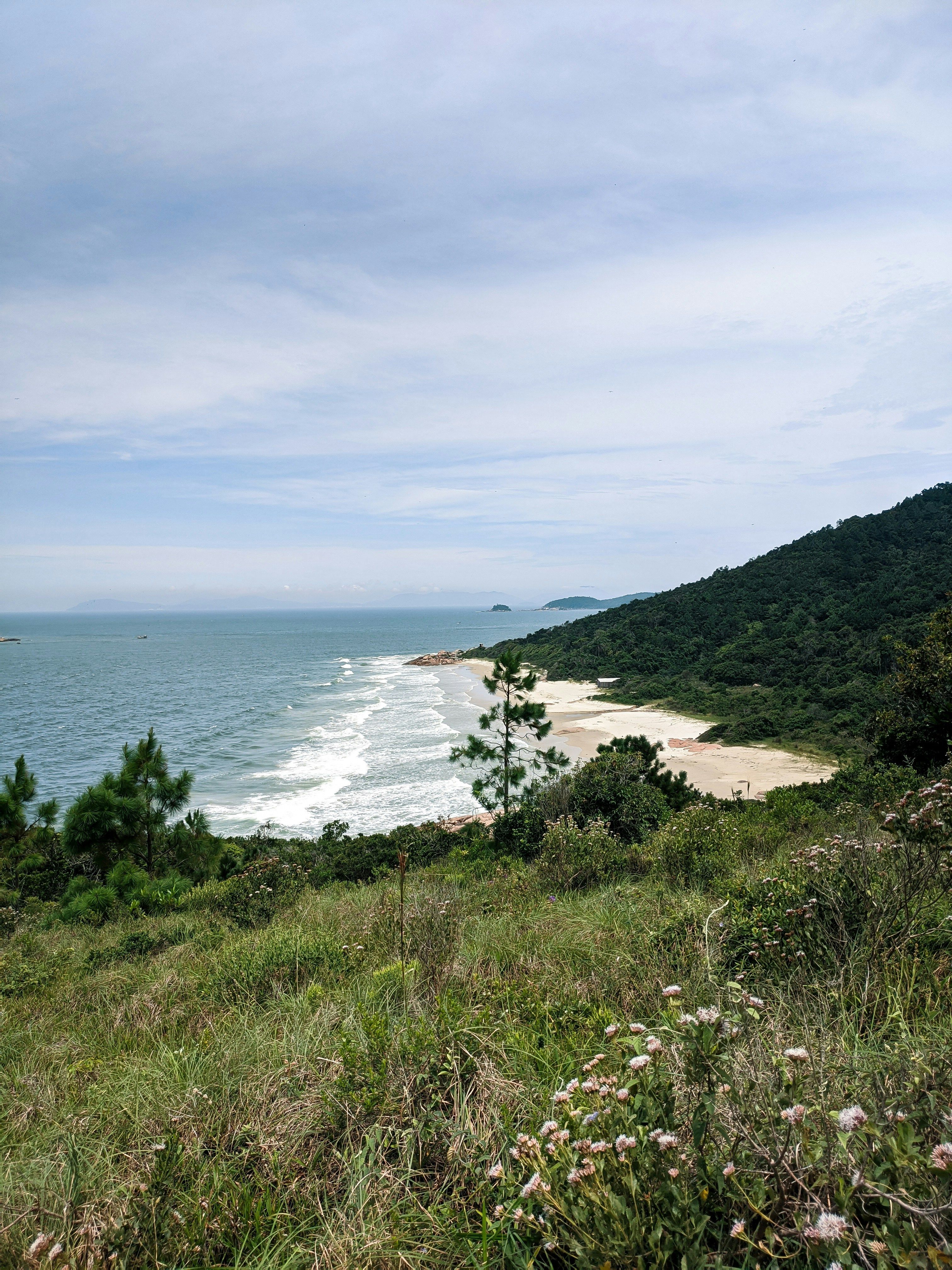Migrant Matter: Merz Refutes "State of Emergency" Claim
Border Control Dispute: FDP Challenges Government's Declaration of 'Nationwide Crisis' Regarding Immigration - Migration Update: Merz Representative Disputes Claim of Declaring a "Nationwide Crisis"
Here's the lowdown on Germany's migrant situation and the latest from the political front.
Last year saw a demand from CDU and CSU for the use of Article 72, a clause that allows deviation from EU law to maintain public order and protect internal security, to enable "comprehensive expulsions" of asylum seekers. But with asylum numbers dwindling significantly, the previous federal government recently reaffirmed that the conditions for using the exception clause weren't met.
A stir was caused last week when Interior Minister Alexander Dobrindt (CSU) announced intensified border controls to decrease refugee numbers. This move would involve beefing up federal police presence at the border and refusing entry to asylum seekers, except for children and pregnant women. This decision sparked protests from neighboring nations Poland and Switzerland.
On Wednesday, ambassadors of neighboring states were briefed on the situation at the Federal Ministry of the Interior. Apparently, they were informed "about the measures to intensify existing internal border controls" by a state secretary. The meeting underscored the importance of cooperation among nations moving forward.
The coalition agreement between Union and SPD includes plans for expelling asylum seekers. However, this would occur "in coordination with our European neighbors."
- Border Controls
- Migrants
- CDU
- German Federal Government
- Refugees
- EU Law
- CSU
- News Report
- Expulsions
- Asylum Seekers
- Friedrich Merz
- Political Heads
Key Points to Ponder:
- European Union legal guidelines play a significant role in migration and security matters, such as the establishment of a common system for returning third-country nationals staying illegally in the EU.
- The use of Article 72 from the Treaty on the Functioning of the European Union might allow for the suspension of EU law for border protection and internal security. However, any such invocation would require approval from Brussels.
- Despite denials of an official national emergency declaration, Interior Minister Dobrindt has instructed federal police to increase border controls, aiming to reduce the number of irregular migrants.
- Historically, CDU and CSU have supported stricter migration policies, though specific stances on the emergency declaration aren't mentioned in recent reports.
- The German government is currently pursuing practical measures to address migration concerns, like stricter border controls and increased deportations, without formally declaring a state of emergency.
- The community policy and politics surrounding migration in Germany often involve discussions about the employment policy for asylum seekers and refugees, with the latest being the intensified border controls proposed by Interior Minister Alexander Dobrindt to decrease their numbers.
- In the realm of policy-and-legislation, the use of Article 72 in the Treaty on the Functioning of the European Union for suspending EU law to enforce border protection and internal security has been considered, although such an action would necessitate approval from Brussels.








